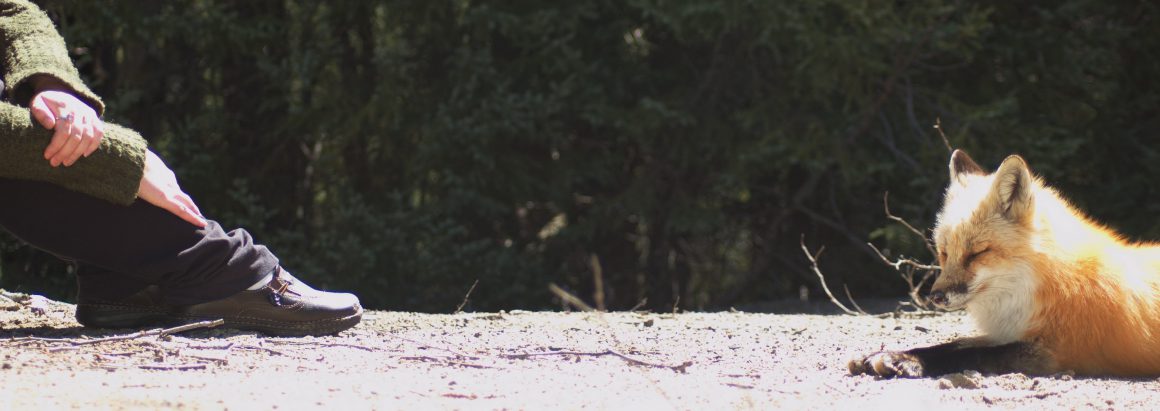Once upon a time, a fair was being held in the middle of a deep forest, and folk from across the known world were travelling to gather there. Though they came from all directions, there was but one way in, the Bridge of Gathering, for the fairgrounds were surrounded by a vast moat.
One lass, walking alone from her home in the North, paused by a fallen willow tree to take some refreshment as the day grew hot. She was peering at the tree’s gnarled roots and broken trunk when suddenly she heard a faint voice cry out, “I’m stuck!” The lass leapt to her feet and instinctively began to shove away the debris of branches, in hopes of rescuing the poor soul trapped beneath the willow tree.
Meanwhile, a merchant driving a wagon filled with his best wares approached from a town in the South. He’d been swept up in awe, marveling at the height of the trees, as such great trees did not grow near his village. He too heard the voice cry out. Instantly, he dove into the back of the wagon to find the longest ladder he had, to save the poor soul who had climbed too far into the canopy and couldn’t find their way down.
At the same moment, a studious lad approached from a school in the West, his face nearly masked by the book he held up to his weak eyes. When he heard the faint voice cry out, he dropped the book and squinted, but he could only see as far as the pond that ran beside his path. His heart pounding, he stripped off his shirt to use as a makeshift rope, hoping it was long enough to reach the poor soul who was drowning.
Near the scene, there was also an old woman hobbling forward with stubborn determination. She had come alone from her hut far in the East, where she was known for her wisdom in healing ailments and infirmities of the body. She too heard the voice, and paused to look around, uncertain of where the voice had come from.
Then she called out, quite sternly, “Speak up, ye! I can’t be of service if I don’t know what the trouble is.”
And a strained voice replied, “Some lard will do, please and thank you! I got meself caught in this old fence, see! Just past the tree line, here! Look for me red hat as I’m a-waving it right at you! ‘Twas supposed to be a shortcut but I’ve been here an hour now, with me foot stuck between these logs. I reckon a bit of grease will do the trick!”
So the old woman reached into the pouch on her belt and took from it a small ration of butter wrapped in paper. She could see the man waving his hat, deep in the thick of brambles and ancient ruins some distance off her path. Grumbling at her sore old bones, she picked up her skirts and made her way over to the man, who could only wave his hat with greater zeal as he waited for her.
“Now then, ye better have learned something from this,” the old woman said, but not without a hint of a smile as she crouched by his trapped foot.
“Aye, that I did,” he replied. “There are three other folk I can see in these woods, but they paid me no mind. Full of themselves, they are! Not another decent soul round here, other than you!”
The old woman glanced at the other travelers and shook her head. “Oh, their souls aren’t the trouble. They’re trying to help you as we speak.”
“The hell they are, pardon me!” the man exclaimed, pointing at the merchant halfway up a tree, the lass covered in dirt and leaves, and the student preparing to jump into a pond.
The old woman gave the man’s buttered boot a tug, and out it came, so fast the man nearly toppled over.
“Their trouble is, they think they know what your trouble is,” the old woman said.
“Troubling trouble, that is,” the man murmured in amazement.
“Indeed, I’ve found no cure for that,” she said gravely. “Now, be at my service — a man like ye can help an elder on her journey. Take my arm, but mind, I don’t walk fast.”
“I’ll bring you cross the Bridge of Gathering like me own sweetheart,” the man promised.
And so they walked, soon trading tales and jokes that betrayed gentle affection, without a word to anyone else travelling the forest.


